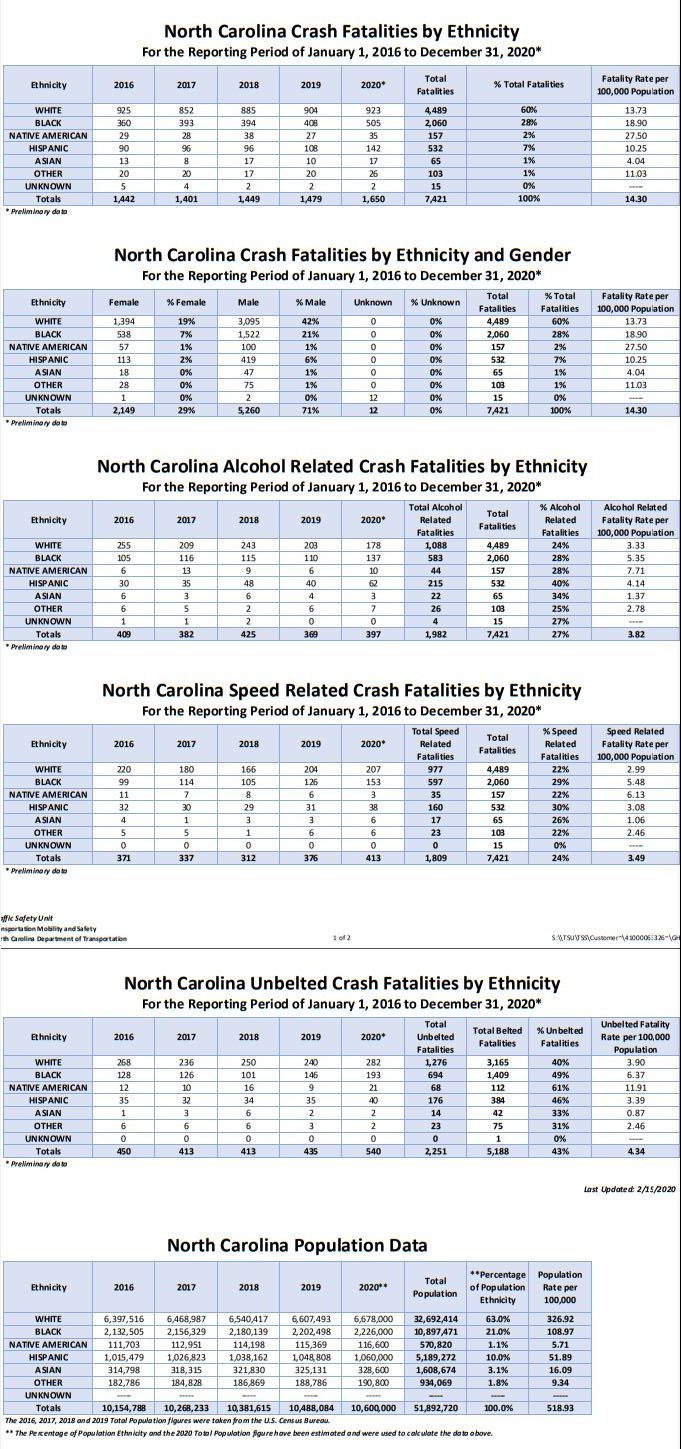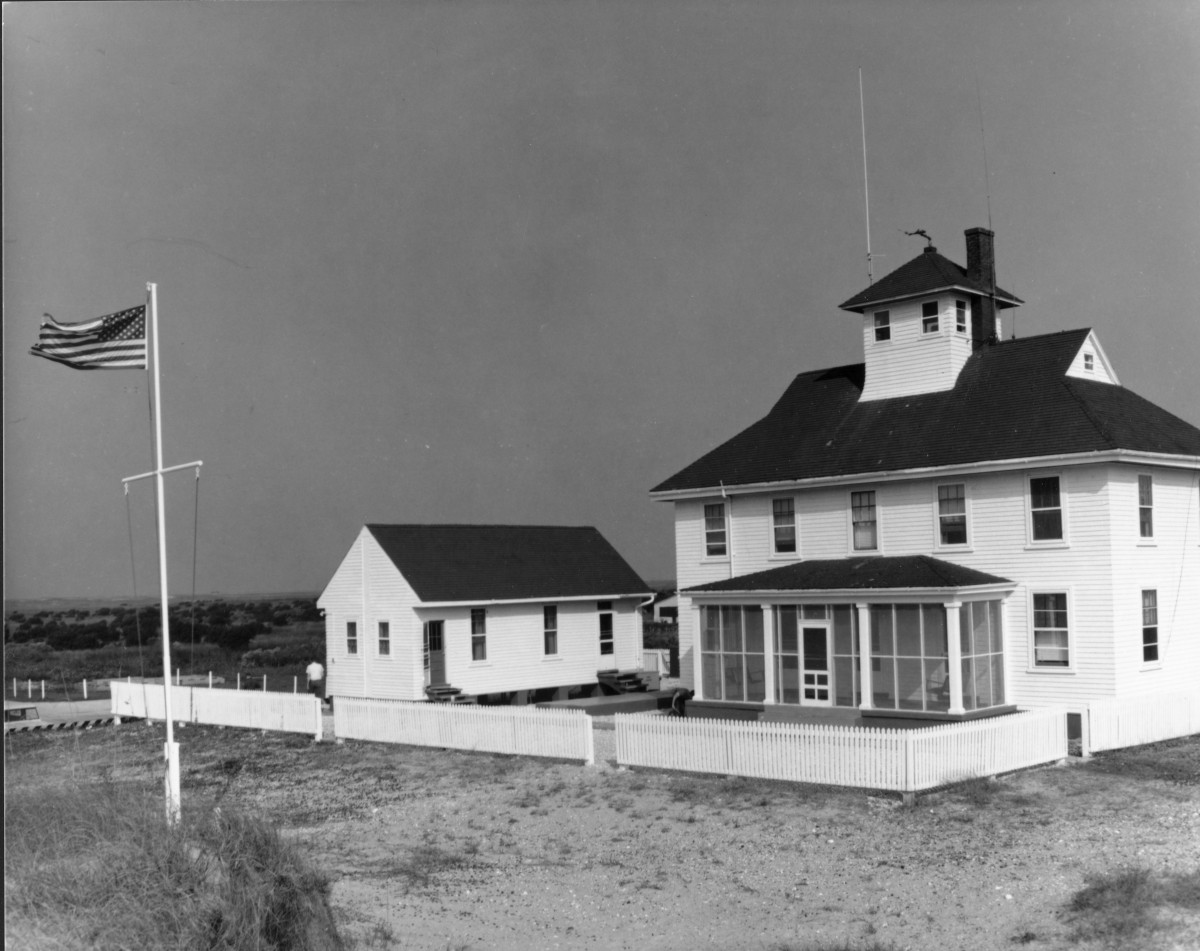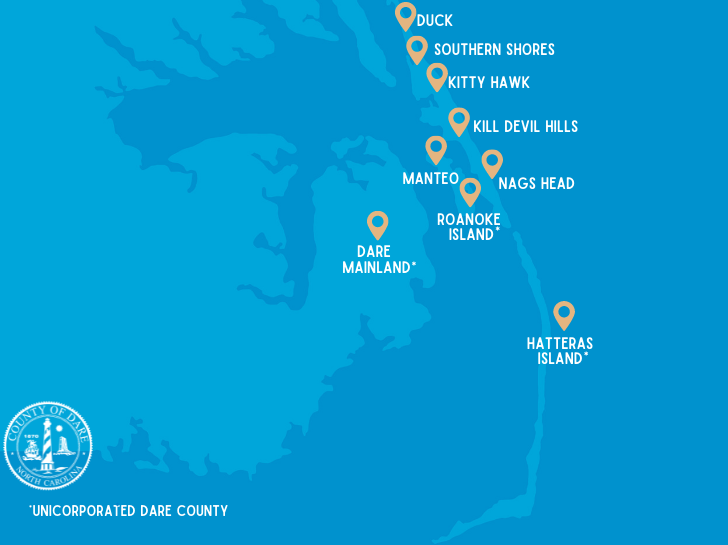
The North Carolina Governor’s Highway Safety Program is highlighting the need to protect Black lives behind the wheel during Black History Month and the rest of the year.
“When Black inventor Garrett Morgan patented the first traffic signal in 1923, no one knew how many souls would be saved as a result of his vision,” said Mark Ezzell, director of the Governor’s Highway Safety Program. “Preventing senseless death was the goal then, and today we can uphold the vision of preserving more lives by empowering drivers with information that can save lives for generations.”
Supporter Spotlight
In February and the months ahead, the highway safety program’s leadership will engage in virtual talking sessions with representatives and influencers across the state, who will present ideas and gain feedback on how to best work together to help improve the survival rates of Black families on state roadways. Those ideas will include ways to increase the education and empowerment of minority drivers and riders.
The first talking session, available on Facebook Watch, was recorded Feb. 18 with the North Carolina Black Elected Municipal Officials who discussed highway safety. Several representatives are from the coast including the organization’s Second Vice President Quentin Jackson who serves as Hertford’s mayor pro tem, and Spring Lake Council Member Sona Cooper, the organization’s secretary. District 1 representatives include Mayor Frederick Yates of Winfall and Elizabeth City Council Member Darius Horton. Navassa Mayor Eulis Willis represents District 3.
“NCDMV has a network of seven million registered drivers, and our commitment to engaging and informing each one remains firm,” said Commissioner Torre Jessup who leads the state Division of Motor Vehicles in a statement. “We are now more than ever dedicated to working with NCGHSP to promote safe-driving initiatives around the state; including but not limited to increasing representation in areas of safety outreach through social media, and educational collateral outreach.”
Visit ghsp.nc.gov , like @NCGHSP on Facebook, @NC_GHSP on Twitter and Instagram, for more talking sessions as they’re released.
“As North Carolina’s minority population increases, it is essential to monitor trends surrounding motor vehicle traffic fatalities by race and ethnicity,” said Tiffany Wright, spokesperson, AAA – The Auto Club Group in the Carolinas, whose mission it is to advocate for better travel with a focus on safety.
Supporter Spotlight
“While evaluating transportation data, it’s clear that members of the traveling public most at risk, need and deserve as many resources as possible to help slow and ultimately stop the needless loss of life on our roadways. We hope to support NCGHSP’s core mission by increasing minority traveler educational resources and continuing discussions surrounding possible legislative improvements that will reduce increased risk to African American travelers,” Wright added.
According to the National Highway Traffic Safety Administration, motor vehicle crashes are the leading cause of death for Black Americans from birth through age 14 years, and the second leading cause of death for ages 15 through 24. Primary safety problems within this focus group continue to be unbelted travel, impaired driving and speeding.
Greensboro Transportation Planning Engineer Lydia McIntyre, an Executive Committee for Highway Safety member, said in a news release that while there’s myriad health, social and cultural issues that put minorities — Black, Latino, Native American, Asian and others — at increased danger, buckling up, traveling sober and going the speed limit can greatly reduce fatalities behind the wheel within the community.
“We look forward to continuing to work with NCGHSP to reach these populations directly and help curb once and for all preventable roadway deaths across North Carolina,” she said.
“We need all drivers to focus on saving themselves, their loved ones, and their neighbors and friends. Wearing your seat belt, driving sober and traveling at a safe speed is your best defense against death and injury and that’s the standard for all North Carolinians,” said Ezzell.








